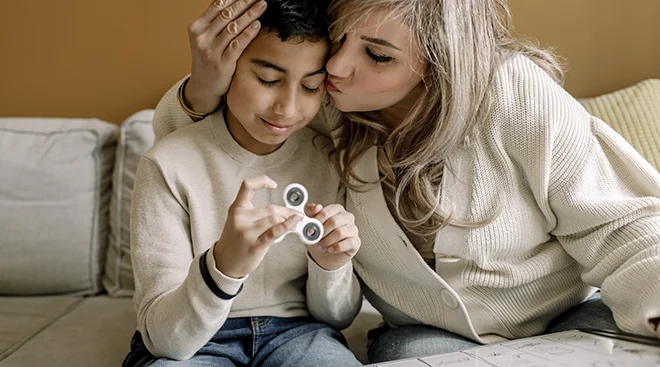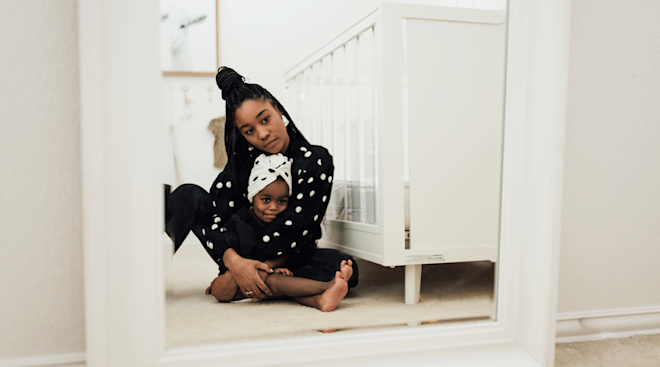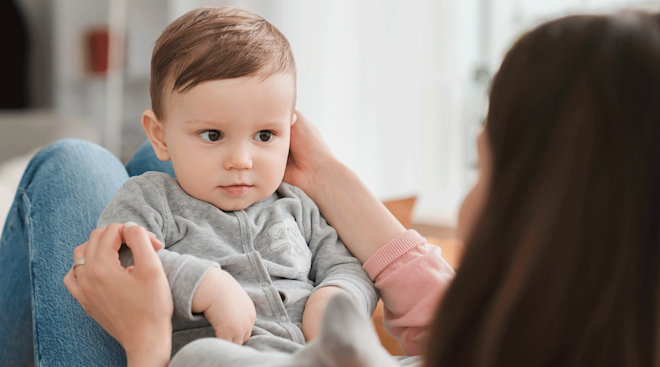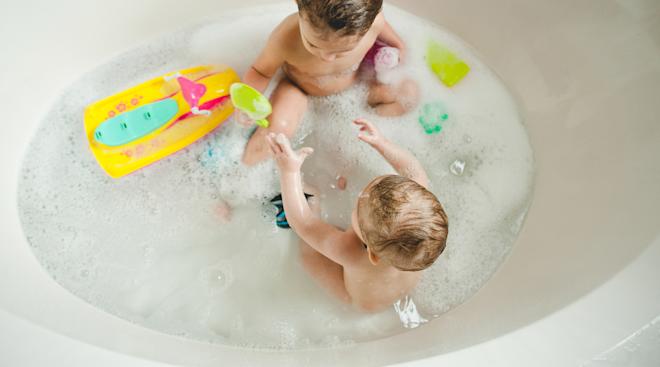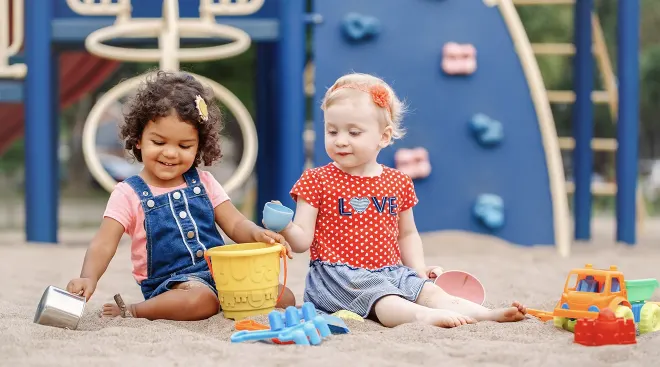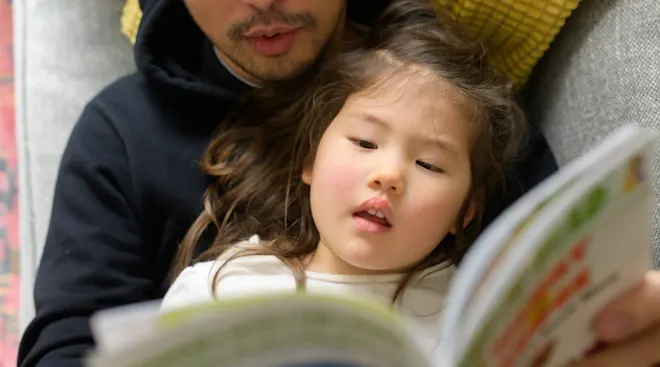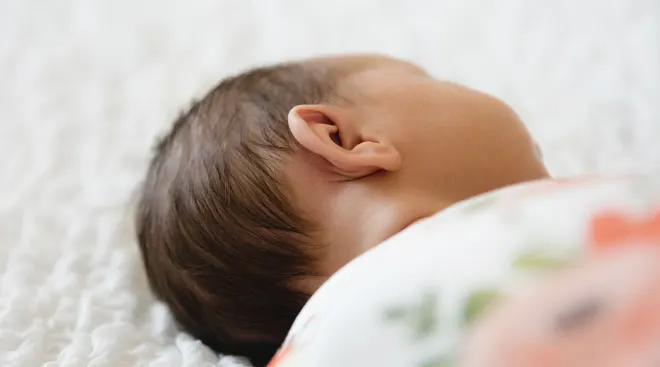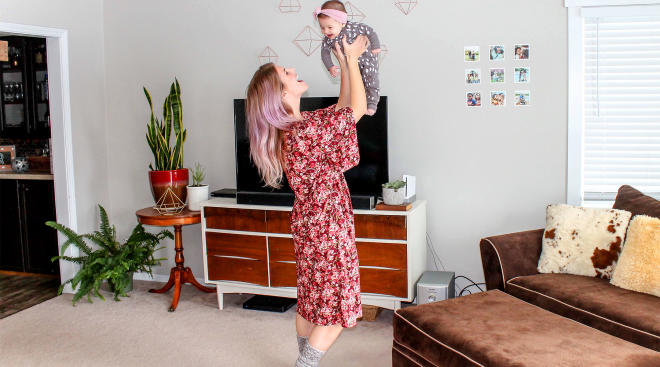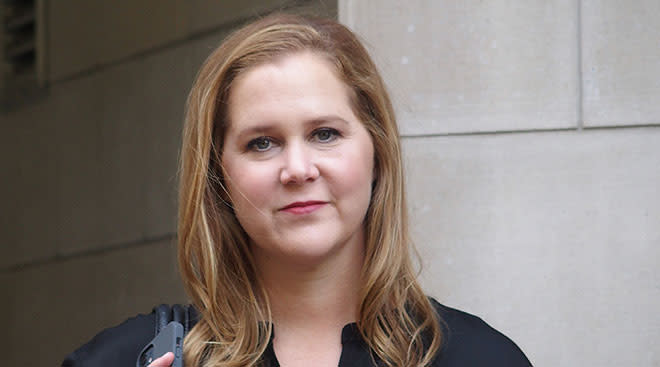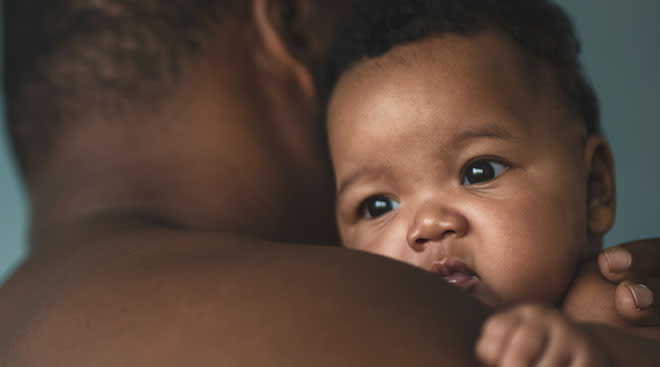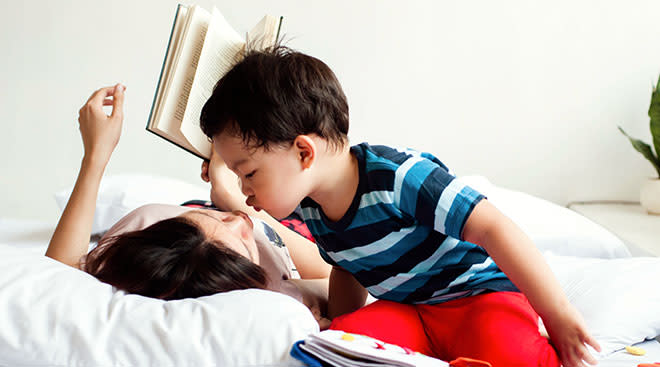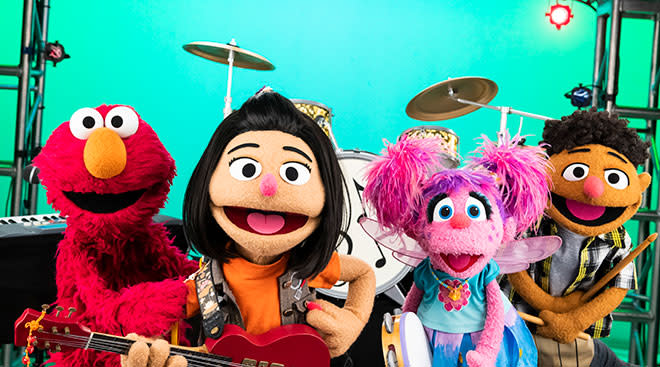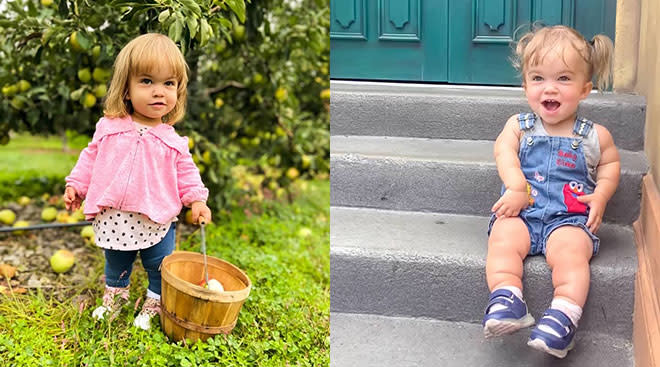We Don’t Need Autism Awareness—We Need Autism Acceptance, Study Says
April is World Autism Awareness Month, and, while many have opened up the conversation around Autism Spectrum Disorders (ASD), some may still carry implicit biases around the subject and for people with ASD. Historically, efforts to help autistic kids have centered on helping them think and behave like their non-autistic counterparts. However, one study has found that we need to be doing the opposite and focusing on promoting an understanding and acceptance of autism in non-autistic people.
The study was conducted by researchers at the University of Texas at Dallas and published in the journal Autism in January 2021. It found that an increased understanding of the challenges and strengths of people with autism from non-autistic people can help improve social interactions with those who are on the spectrum. They also found this understanding can help reduce stigma and misconceptions about autism. However, implicit biases were harder to overcome.
People with autism may think, sense and communicate in different ways, making interactions with non-austic people challenging. Plus, there is a range as to how much support someone with ASD may need. While one person may be nonverbal and need daily support, someone else may be very verbal and not require as much support. Desiree Jones, the corresponding author of the paper and a psychology doctoral student in the university’s School of Behavioral and Brain Sciences (BBS), focuses her work on the experiences of autistic adults without an intellectual disability.
"Previous work in our lab has shown that autistic people are often stereotyped as awkward and less likeable. Some might think that autistic people don’t want friends or don’t want to interact with people. We want to combat those ideas,” Jones said in a release. “Targeting autistic behavior places the burden of social exclusion on autistic people, when we should really be challenging the attitudes that lead others to stigmatize autistic behaviors. Research on race suggests that people who have racial biases tend to view that race as a monolith, assigning every member the same features. By exposing them to different people from the group, you can challenge those stereotypes. We believe the same principle applies to autism.”
For the study, researchers looked at 238 non-autistic adults, split into three groups. The first group watched an autism acceptance video made in collaboration with researchers at Simon Fraser University in British Columbia and autistic adults. The second group watched a general mental health training presentation that didn’t reference autism, and the third group didn’t receive any training. The researchers then tested all the participants on their explicit and implicit biases about autism.
In their testing of explicit biases, researchers looked at the participants’ autism knowledge and stigma, as well as their beliefs about the functional abilities of someone with autism. For implicit biases, the study looked at whether the participant’s subconsciously associated autism with negative personal attributes. The researchers found that the group that had been given autism acceptance training had a greater understanding and acceptance of autism on explicit measures and had more social interest in autistic adults.
“The autism video presents autism facts and promotes acceptance. It gives tips on how to befriend an autistic person and talk to them about their interests,” Jones said. “It also discusses things to avoid, such as sensory overload and pressuring them into engaging.”
However, people in all three groups continued to implicitly associate autism with negative personal characteristics.
"Explicit biases are consciously held, evolve quickly and are constrained by social desirability. Implicit biases reflect more durable underlying beliefs—associations reinforced over time that are more resistant to change,” Dr. Noah Sasson, senior author of the study and an associate professor of psychology, explained.
Jones adds that stereotypes are reinforced by the media, with shows like The Good Doctor and movies like Rain Man. "A common trope exists of the white male autistic person with savant abilities. They are really smart but very socially awkward. They can be portrayed as flat or without emotion or passion. These beliefs can be harmful and do not reflect how variable these characteristics are among autistic people. They belie the range of unique difficulties and skills that autistic people can have,” she said. “There’s a saying that if you’ve met one autistic person, you’ve met one autistic person. The community varies so much in individual needs, strengths and difficulties that there’s not a very useful prototype. So getting to know actual people and getting away from preconceptions can hopefully help us improve social outcomes for the autistic community.”
In terms of moving to a place of acceptance, Jones said that autistic individuals are integral and need to be acknowledged, welcomed and listened to on what they like and what they want the research to be. “In our lab, we have several autistic master’s and undergraduate students who play a big role in our research, and they’ve taught me a lot," she added.
Sasson acknowledges that it isn’t yet clear how long the staying power of the effects of such training videos last. "Whether the effects persist over time is another question. It could very well be that the benefits are transient, which would significantly limit the promise of training programs like this,” he said.
Both Sasson and Jones want to help promote inclusion, acceptance and the mental health of the autism community, which can experience higher levels of depression, anxiety and suicide than the rest of the general population.
“It’s not easy to be autistic in a predominantly non-autistic world, and making the social world a bit more accommodating and welcoming to autistic differences could go a long way toward improving personal and professional outcomes for autistic people,” Sasson said.
Please note: The Bump and the materials and information it contains are not intended to, and do not constitute, medical or other health advice or diagnosis and should not be used as such. You should always consult with a qualified physician or health professional about your specific circumstances.
Navigate forward to interact with the calendar and select a date. Press the question mark key to get the keyboard shortcuts for changing dates.

































